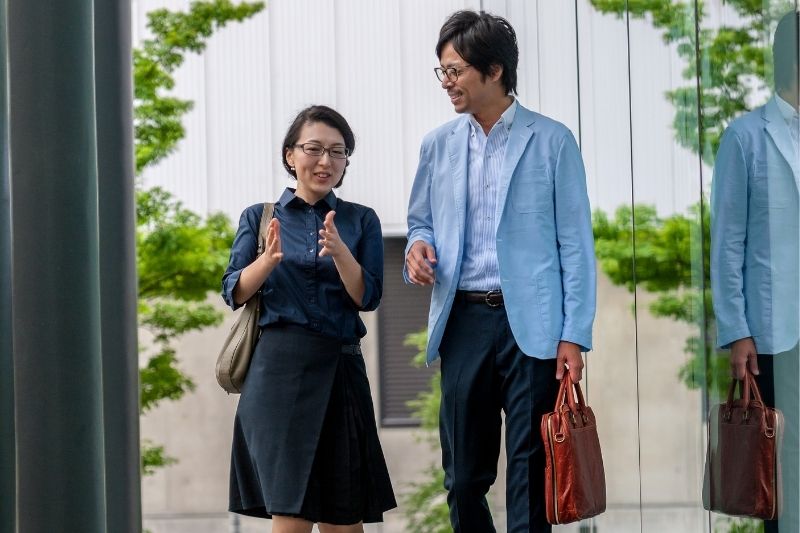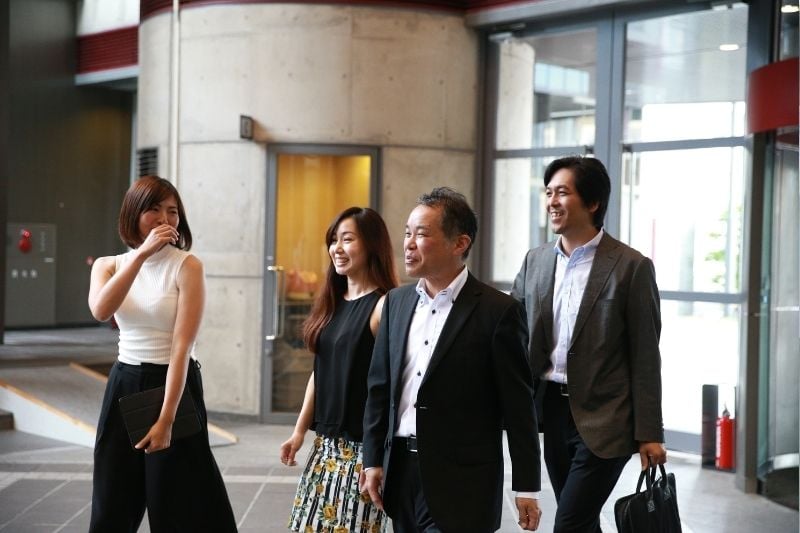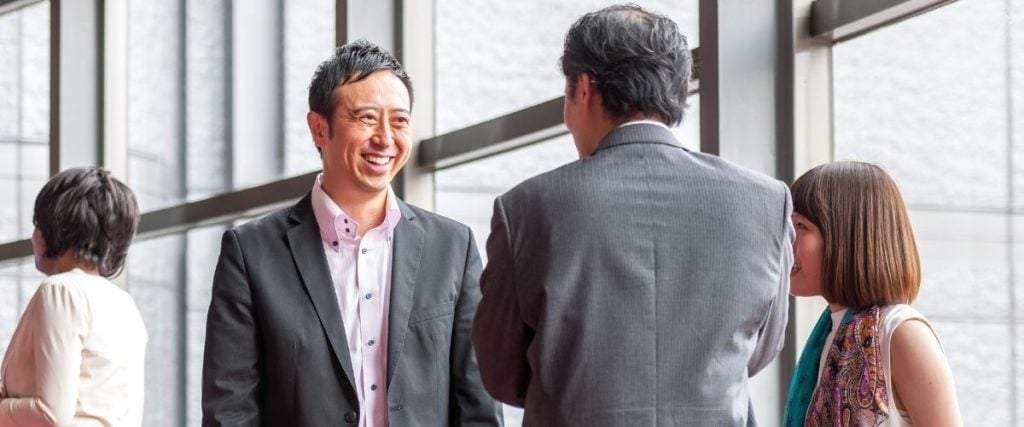Japan offers numerous business opportunities, well known for its unique work culture. It is open to people of all ages and engaging in many different industries. Whether you are a multinational or an entrepreneur, Japan is the place to go. Being respectful towards etiquette in Japan will allow you to expand your network.
While Japan welcomes all businesses and startups, their society is very sensitive to etiquette. A slight mistake on the table or in the office could cost you a multibillion contract. Even when you have established your roots in the country, you will still need to grow your network and attract more clients. Here are some important etiquette practices in Japan you must observe to in order to successfully grow your business network.

Wait to Be Seated
Once you arrive at an office, do not sit until you are offered a chair. This may seem to be a common etiquette in most places, but it is more sensitive in Japan. This is still observed even when you have established the deepest rapport with your host. You must always wait to be offered a seat.
The need to wait may wear out as you attend frequent meetings but do not drop your guard. Even when you have visited an office a hundred times, you remain a visitor to your host.
Sitting before a seat is offered can be regarded as an invasion, as if you want to control the narrative in the host’s own space. The norm is to engage in preliminary chat before sitting down. Once the host has made you comfortable and prepared the ground for a friendly meeting, you will be offered a seat.
Seating Arrangements
Japanese society has a lot of regard for status. Be aware of your position during meetings. It helps the host and their team address you with decorum. Furthermore, they will know who to direct their concerns to during a discussion.
The head of the team sits in a position where he can see everyone, teammates will align with this position according to rank. Adjust the ranking arrangement depending on the organisation of your table and the room you are using for the meeting. You can master your seating arrangement by observing the trend taken by your host and his team.

Remove Outerwear
If you are conducting a meeting during the cold season or in rainy weather, a coat will generally be a part of your attire, but it does not go with you into meetings. Remove your outerwear before entering a building or an office. It will leave you with your business attire, allowing you to appear formal and light for the meeting.
A coat makes you appear cold and bulky during meetings. Furthermore, you will avoid distracting other people along the corridors or the lift as you try to remove your coat. Most reception areas provide room for visitors to hang their coats. You will be reminded to take the coat back once you are finished with your meeting.
Learn Japanese Greetings
A lot of Japanese understand English and will be excited to converse in the language. Many formal bilingual meetings will also feature translators. However, a few Japanese words will warm the heart of your host and build a good rapport. Simple greetings are easy to learn and you will be excused when you cannot pronounce them perfectly.
Learning salutations shows that you spent time preparing for the meeting. You want to impress your host, not just with the deal you are making, but with personal greetings. You can learn Japanese salutations using language apps or online Japanese tutors. This is one of the unforgettable gestures that will put you in their good books.

Observe Elevator Etiquette
Elevator manners may seem intuitive, but it is even more important to observe this etiquette in Japan. The host ushers you into the elevator, and you will get in first to take a position away from the buttons. You do not go to the back if you are a guest- stand on the side or in the middle of the elevator.
The host gets in last and stands near the buttons and the door, and they will alight first once you get to your destination. They will press the buttons because you may not know the floor or the Japanese characters. This offers the host a chance to serve you because you are their guest.
Rank is also maintained when entering and leaving the lift. High-ranking members of the team get in first to take positions on the side but in the middle of the elevator. When people enter the elevator on other floors, they will first encounter the low-ranking employee because they are in the middle.
The host leaves the elevator first to guide you along the corridors. Lower-ranking employees at the back will leave last. Allow people in the middle to exit, so in this case, your host and his team. These elevator protocols show that you are willing to be served by your host.
Business Cards
Japanese businesspeople will issue cards before, during, and at the end of the meeting. This is a test that you must pass- the host will be watching every move you make.
Do not exchange cards too early unless one of you is leaving others to continue with the meeting. The card is meant to exchange contact information for future communication. By taking out your card too early, you could signal an end to the conversation.
Once you receive their business card, do not put it away into your folder or pocket too fast. Read the details on the card. You may even comment on his position and the adequacy of details on the card. It is a sign that you recognise his stature and are willing to engage more in the future.

If you are uncertain about what to do in Japan, it is advisable to mimic your host. Learn more about Japanese culture and business etiquette before setting out for meetings. A careless act or mistake could mean the difference between closing a business deal and missing out on a lucrative contract. Taking the time to get to know etiquette in Japan will grow your knowledge of the country and establish stronger and longer-lasting business relationships.
x
Related Articles
Work Culture in Japan: The 5 Crucial Differences You Should Know About
Tapping into Japan’s Cultural Identity: 4 Marketing Tips to Succeed
Startup Lady Japan: The Firm Helping Women Overcome Japanese Work Culture





